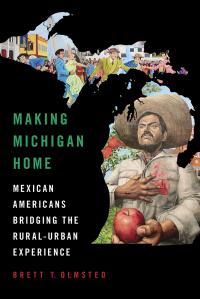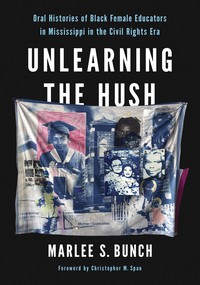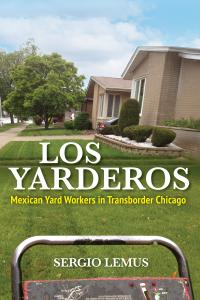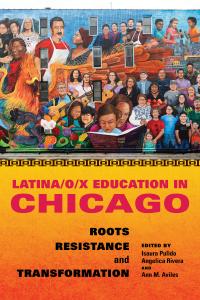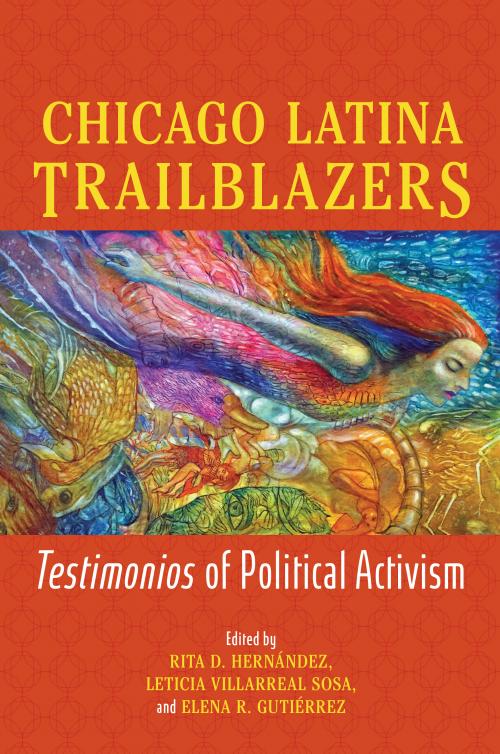
Chicago Latina Trailblazers
Cloth: 09/10/2024
About the Book
Mexican American and Puerto Rican women have long taken up the challenge to improve the lives of Chicagoans in the city’s Latino/a/x communities. Rita D. Hernández, Leticia Villarreal Sosa, and Elena R. Gutiérrez present testimonies by Latina leaders who blazed new trails and shaped Latina Chicago history from the 1960s through today.Taking a do-it-all attitude, these women advanced agendas, built institutions, forged alliances, and created essential resources that Latino/a/x communities lacked. Time and again, they found themselves the first Latina to hold their post or part of the first Latino/a/x institution of its kind. Just as often, early grassroots efforts to address issues affecting themselves, their families, and their neighborhoods grew into larger endeavors. Their experiences ranged from public schools to healthcare to politics to broadcast media, and each woman’s story shows how her work changed countless lives and still reverberates across the entire city.
An eyewitness view of an unknown history, Chicago Latina Trailblazers reveals the vision and passion that fueled a group of women in the vanguard of reform.
Contributors: Ana Castillo, Maria B. Cerda, Carmen Chico, Aracelis Flecha Figueroa, Aida Luz Maisonet Giachello, Mary Gonzales, Ada Nivia Lopez, Emma Lozano, Virginia Martinez, Carmen Mendoza, Elena Mulcahy, Guadalupe Reyes, Luz Maria B. Solis, and Carmen Velasquez
About the Author
Rita D. Hernández is a former instructor of education and human development at Texas A&M University, Corpus Christi. Leticia Villarreal Sosa is the associate dean for research and faculty development and a professor in the School of Social Work at the University of Texas Rio Grande Valley. Elena R. Gutiérrez is an associate professor in the Department of Gender and Women’s Studies and the Department of Latin American and Latino Studies at the University of Illinois Chicago.Reviews
Blurbs
“By weaving the voices and experiences of Mexican and Puerto Rican women in 20th-century Chicago, the authors transform ephemera into an enduring archive of memory in practice. Their process of testimoniar advances our understanding of liberatory traditions and knowledge-making en comunidad. A deeply moving, innovative, and accessible contribution to the history of Latina Chi’town.”--Arlene Torres, coeditor of Blackness in Latin America and the Caribbean

